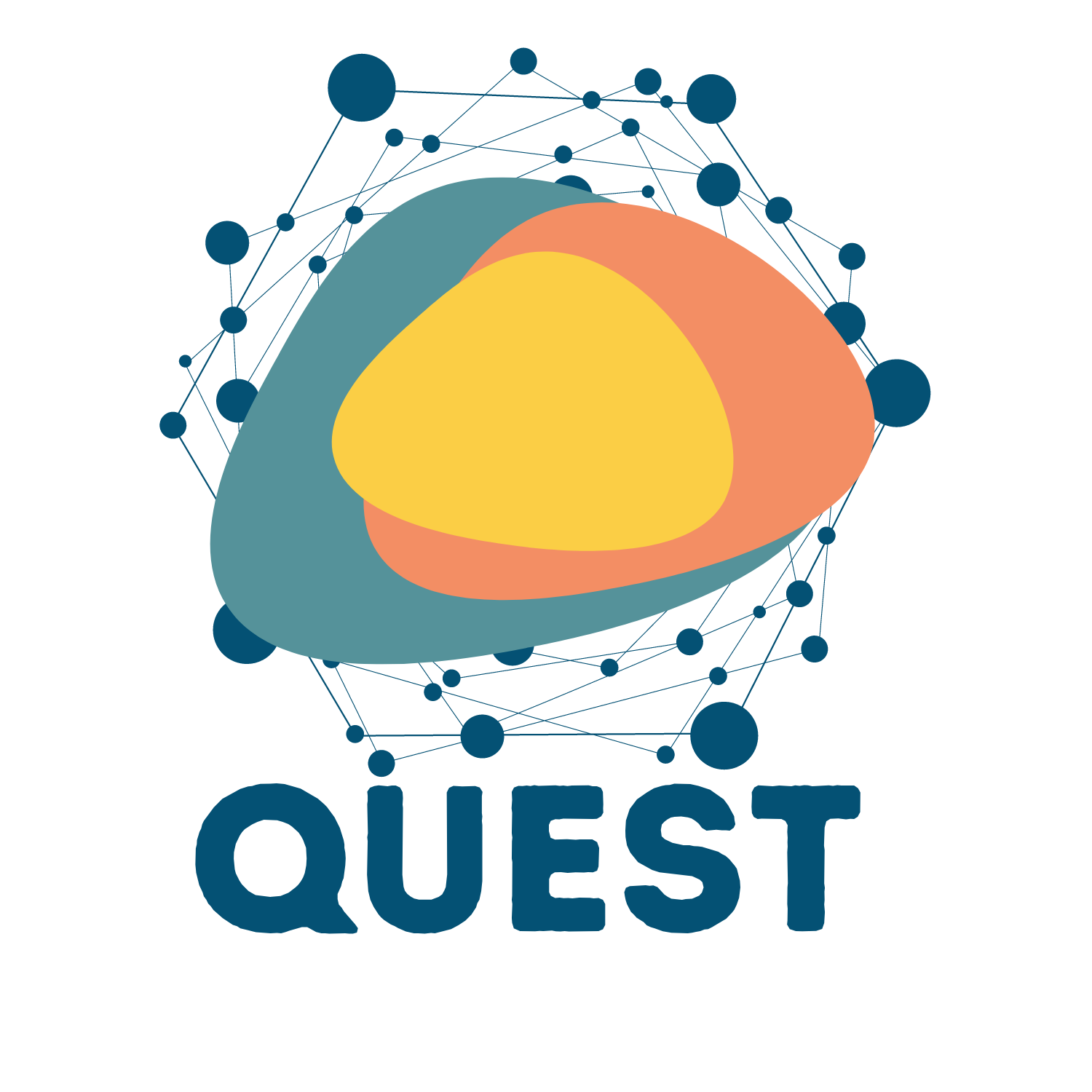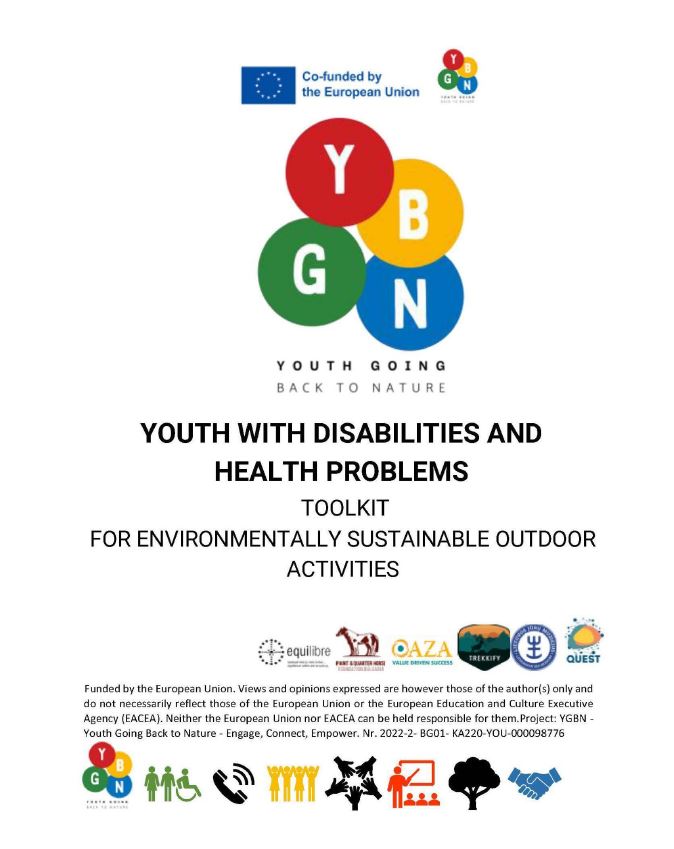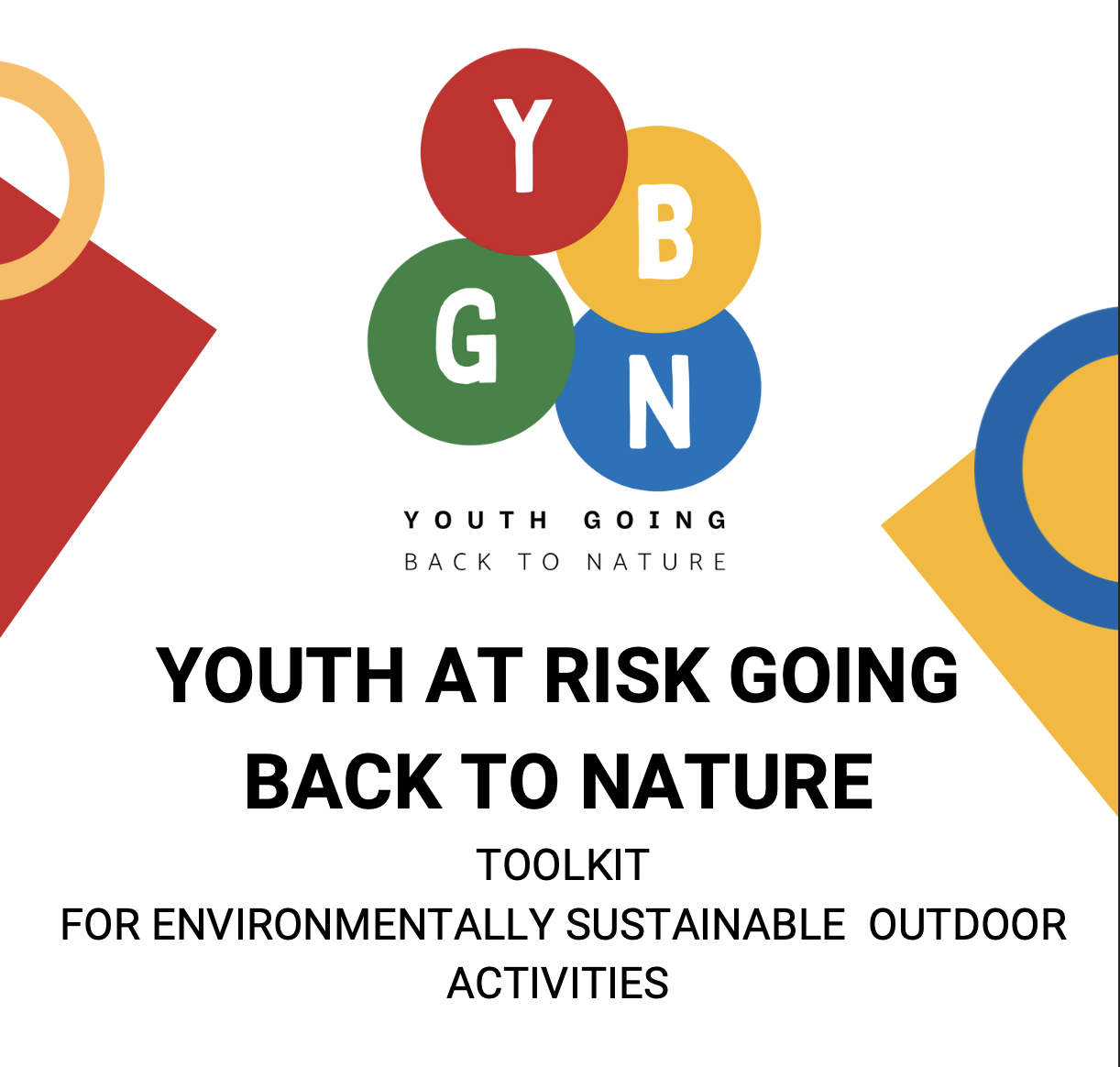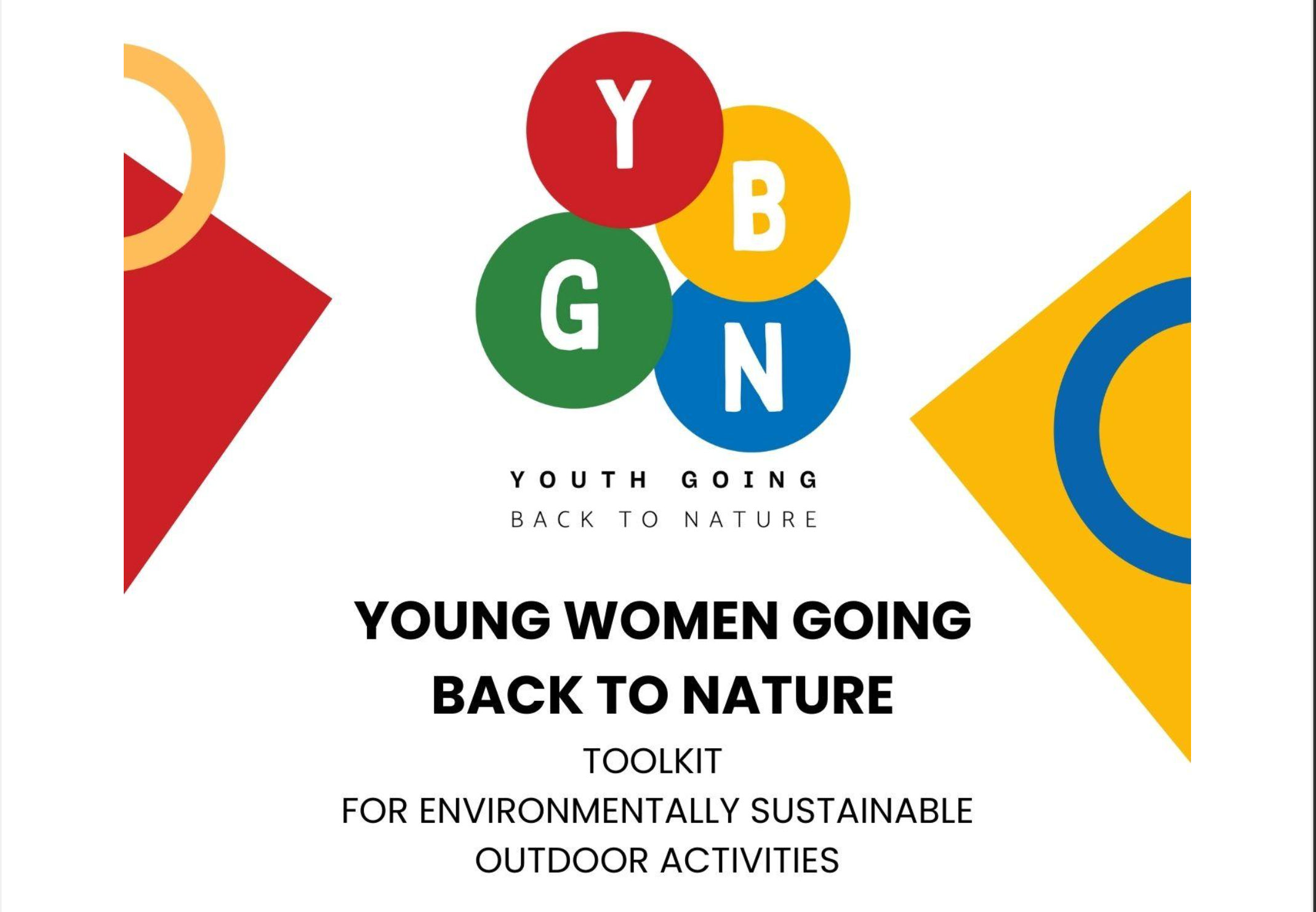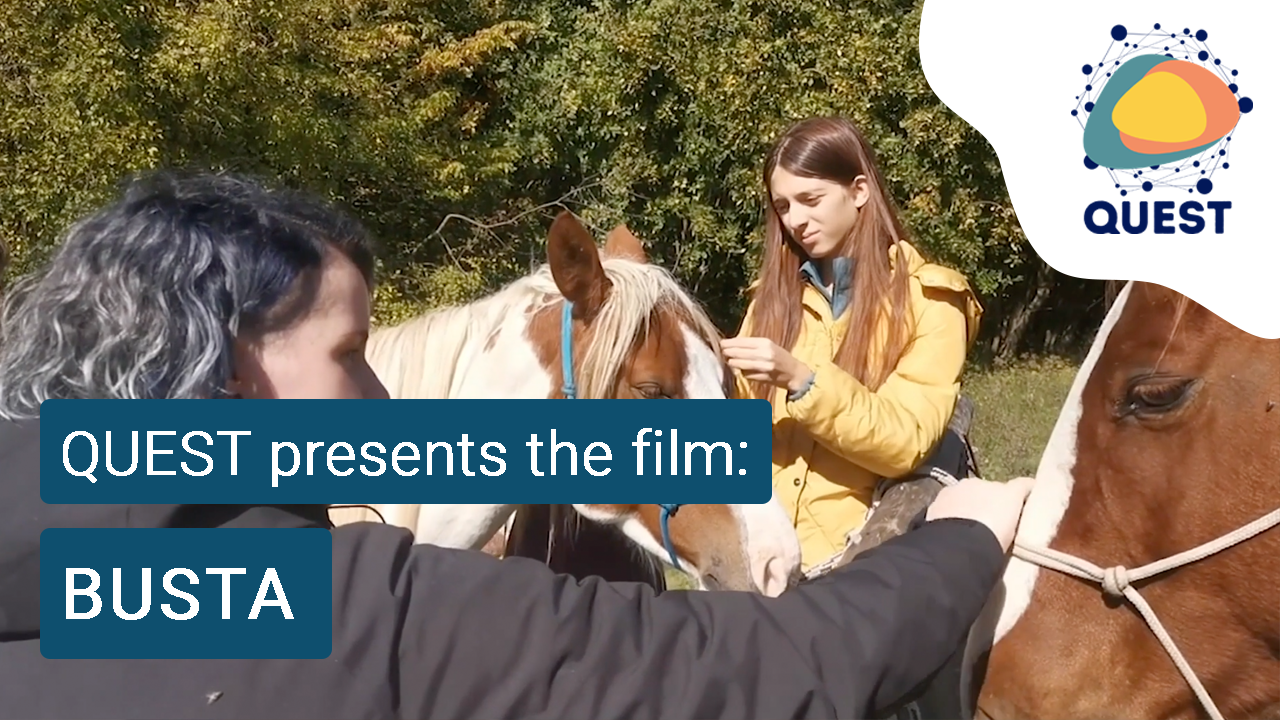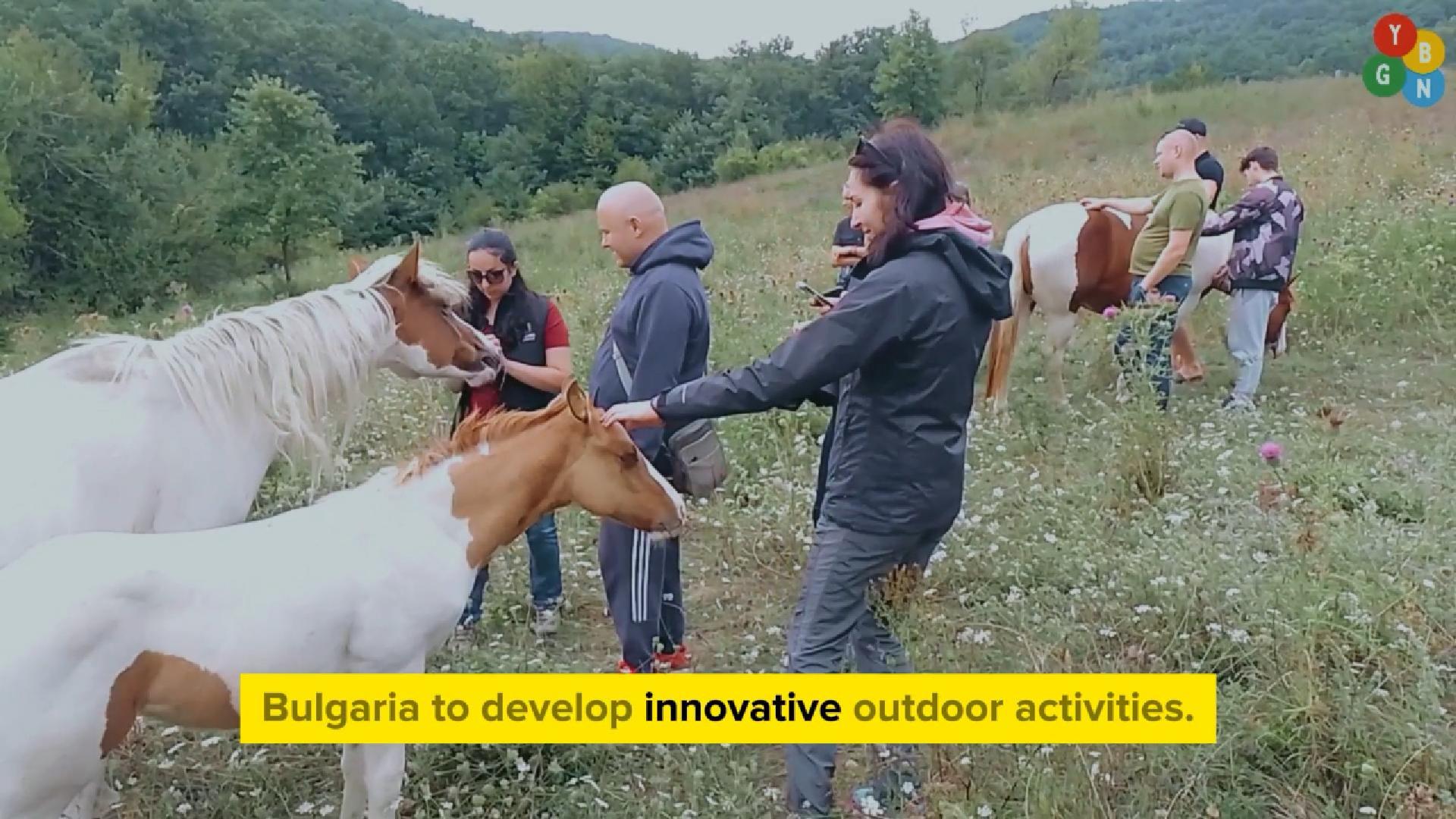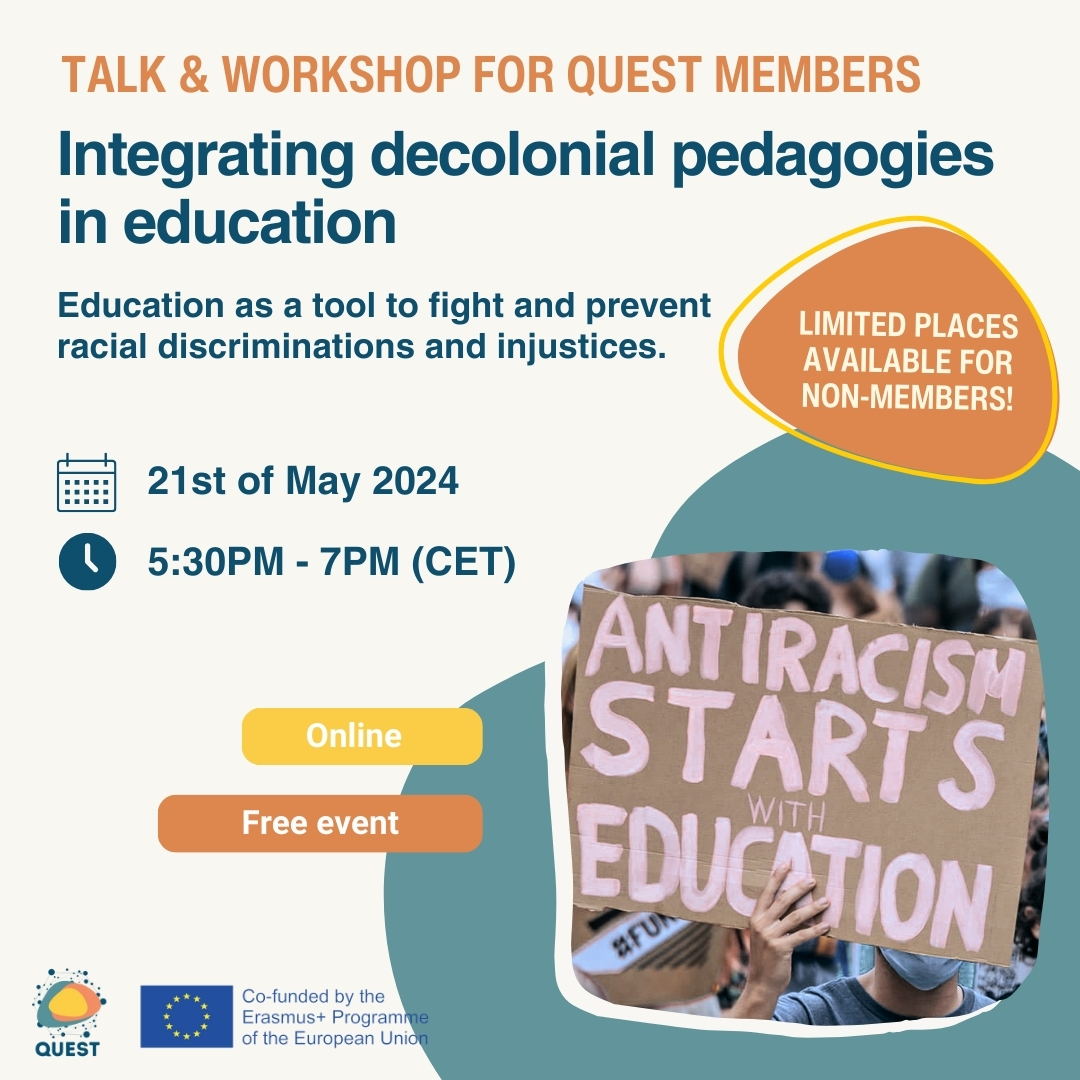areas of work
INCLUSIVE EDUCATION
A quality education can serve the greater objective of building healthy societies, embedded in a culture of peace and respect. Young people growing up within learning environments promoting cooperation, intercultural dialogue and meaningful interactions between schools and their communities can better understand the global, national and local contexts they live in, build a deep sense of belonging and contribute to their communities’ healthy development. Doing so, children can adopt renewed perceptions of themselves as positive actors of change, encounter diverse experiences, histories, and realities, to finally harbour democratic values such as openness and collective dialogue.
Today, “persistent differences in equity of educational access, experience and outcomes” remain in the EU education landscape. National and EU policies also tend to target certain groups of children over others. Children have different educational needs, learn and grow in a variety of socio-economic and political contexts. Yet fixed curriculums and a lack of training opportunities do not allow for their rightful consideration. The teacher overload also prevents children from being fully accompanied with a learner-centred perspective. Additionally, lack of funding opportunities leave education infrastructures unfit for all educational and physical needs.
Including all needs
Although inclusiveness is increasingly embraced in society, the discrimination of students with special needs remains a harsh reality in education. Discriminatory practices such as selection procedures and a lack of support measures are barriers to access and participation of students with special needs in mainstream education. We are far-off from providing equal opportunity for education, where all children can fully exercise their right to quality education.
QUEST supports the prospect of an inclusive schooling system, where students co-exist and collaborate despite their difference in educational needs. Rather than upholding a segregation of ‘mainstream’ and ‘special’ schools, QUEST advocates for integrated systems of support throughout the school and amongst the students to foster a culture of care. In an attempt to counter any discriminatory practice, QUEST supports the relevant policies and measures in education that enhance and promote access and participation in mainstream education for all students.
Social justice
Several socio-cultural barriers in particular linked to race, gender, and class affect the equal provision of quality education. In order to tackle these power imbalances in educational settings, which undermine the learning processes of certain pupils, schools and education should be put at the service of social transformation rather than social reproduction. Education should be undertaken with human-rights and social justice lenses. It should have as a goal emancipatory knowledge as a valued act of creation, and, far from meritocratic universalism, it should be adapted to all, taking into account the circumstances of each child and their family. All this to promote equitable changes for all children around Europe as well as their meaningful participation within society.
QUEST recognises the role of education in promoting the full exercise of rights for all citizens and in the process of building a just and inclusive society. In this sense, QUEST’s work rests on the vision of an inclusive and equitably-fit EU education landscape, promoting children’s meaningful participation in their wider communities, as well as a diversity of learning experiences.
Case study: The BUSTA Project (BUilding Skills in schools through Training therapy Animals)
The BUSTA project, funded by the European Union, is a collaboration between three schools and three associations. They developed alternative school programs that incorporated activity sessions with therapy animals from March 2022 to March 2024. Students in each country interacted with different therapy animals: dolphins in Lithuania, an assistant dog in Belgium, and horses in Bulgaria. Three main outcomes were achieved: A documentary film showcasing the therapy animal activities, featuring students, teachers, and therapists; an Impact report detailing the development of students’ new skills and experiences; a Guidebook to aid organisations working with special needs individuals and schools interested in similar educational activities.
